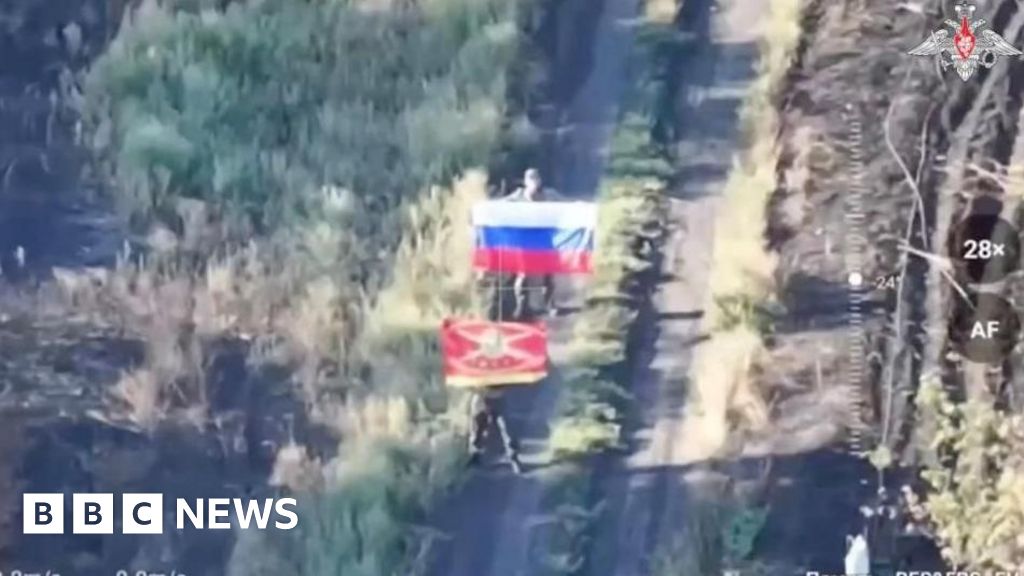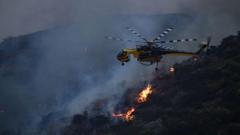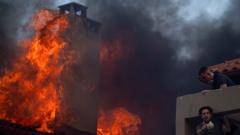Late Wednesday night in Lausanne, members of the IOC convened for a dinner at the picturesque Olympic Museum, overlooking Lake Geneva. The next morning, they were scheduled to hear from the seven candidates, who are vying to lead the organization overseeing the Olympics—a prestigious yet financially burdensome event. Outgoing president Thomas Bach played a lighthearted role, announcing that the candidates would be kept separate from the voting members during the meal so they could enjoy their food without distraction.
As the election draws closer, the unique conditions governing the process have caused frustration among candidates, who argue that they are unable to effectively communicate their platforms to IOC members and, ultimately, the public. Among these limitations is the prohibition of debates, public endorsements from members, and public opposition to rivals, which many claim restricts their ability to garner necessary support.
One of the candidates, Prince Faisal bin Al Hussein, a royal from Jordan, expressed his views on the necessity for transparency in the electoral process. He stated that for a position overseeing a global movement as significant as the Olympics, it is imperative that the public understands the candidates' qualifications and aims.
The candidates come from varied backgrounds, bringing their own unique perspectives to the table. In addition to Prince Faisal, they include established sports leaders, such as Juan Antonio Samaranch, whose father was a well-known former IOC president, as well as Sebastian Coe, a prominent Olympic athlete and head of the international athletics federation. Notably, Kirsty Coventry, a decorated swimmer from Zimbabwe, is presenting as the first female and African candidate for the IOC presidency.
However, critics of the election process point out that despite the significance of this decision, it feels shrouded in secrecy, reminiscent of a papal conclave where the new pope is selected without public input. The candidates were limited to a series of 15-minute presentations at the IOC headquarters, where they were not allowed any form of recording or real-time interaction with voters.
In light of this closed-door atmosphere, Morinari Watanabe, another candidate, expressed disbelief at the restrictive conditions. Advocating for a more dynamic approach, he suggested reforms such as reinstating public debates and redefining the Olympic Games to engage the global audience more effectively.
With the winner set to control an organization that generates nearly $8 billion every four years, the stakes are high. The new IOC president will also navigate a challenging international sports landscape, with issues ranging from updating major television contracts in the United States to ensuring fair doping practices across nations.
As voting day in March nears, candidates are racing to secure support from the unusual blend of IOC members, who often remain reticent about their voting intentions. It remains unclear who will ultimately emerge as the front-runner in this unpredictable race.
As the election draws closer, the unique conditions governing the process have caused frustration among candidates, who argue that they are unable to effectively communicate their platforms to IOC members and, ultimately, the public. Among these limitations is the prohibition of debates, public endorsements from members, and public opposition to rivals, which many claim restricts their ability to garner necessary support.
One of the candidates, Prince Faisal bin Al Hussein, a royal from Jordan, expressed his views on the necessity for transparency in the electoral process. He stated that for a position overseeing a global movement as significant as the Olympics, it is imperative that the public understands the candidates' qualifications and aims.
The candidates come from varied backgrounds, bringing their own unique perspectives to the table. In addition to Prince Faisal, they include established sports leaders, such as Juan Antonio Samaranch, whose father was a well-known former IOC president, as well as Sebastian Coe, a prominent Olympic athlete and head of the international athletics federation. Notably, Kirsty Coventry, a decorated swimmer from Zimbabwe, is presenting as the first female and African candidate for the IOC presidency.
However, critics of the election process point out that despite the significance of this decision, it feels shrouded in secrecy, reminiscent of a papal conclave where the new pope is selected without public input. The candidates were limited to a series of 15-minute presentations at the IOC headquarters, where they were not allowed any form of recording or real-time interaction with voters.
In light of this closed-door atmosphere, Morinari Watanabe, another candidate, expressed disbelief at the restrictive conditions. Advocating for a more dynamic approach, he suggested reforms such as reinstating public debates and redefining the Olympic Games to engage the global audience more effectively.
With the winner set to control an organization that generates nearly $8 billion every four years, the stakes are high. The new IOC president will also navigate a challenging international sports landscape, with issues ranging from updating major television contracts in the United States to ensuring fair doping practices across nations.
As voting day in March nears, candidates are racing to secure support from the unusual blend of IOC members, who often remain reticent about their voting intentions. It remains unclear who will ultimately emerge as the front-runner in this unpredictable race.





















